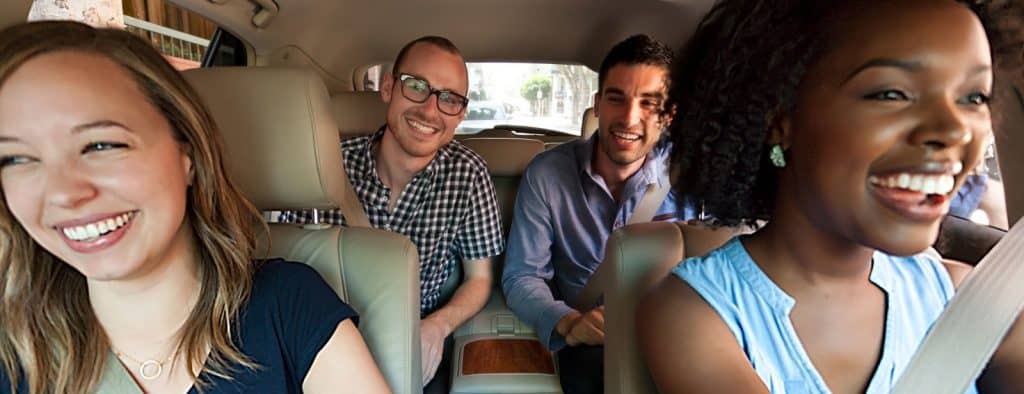Over the past several years, Transportation Networking Companies (TNCs) like Uber and Lyft have begun offering new transportation options. These companies use internet-based technology – typically a smart phone app – to link individuals who sell private transportation (drivers) with those who need transportation (customers). For many of these customers, especially the able-bodied, these services are both more convenient and less expensive.
However, for the more than 55 million Americans with disabilities, getting around has never been easy, and at the advent of the TNCs, there were few options for them to take advantage of. In fact, it has only been fairly recently that Uber, Lyft, and other rideshare companies have begun to offer transportation services to people with physical challenges – mostly because they have been sued by disability advocates in several states for violating the Americans With Disabilities Act (ADA) and failing to make their cars handicapped accessible, or providing reasonable accommodations for riders who use wheelchairs or are accompanied by service animals.

As a result of these law suits, and in some cases, new legislation that regulate ride-hailing firms, most TNCs have been working to make their companies more accessible. For example, Uber now offers uberASSIST in many cities, an uberX option that is designed to provide additional assistance to seniors and people with disabilities. Driver-partners are specifically trained by a third party organization to assist riders into vehicles and can accommodate folding wheelchairs, walkers, and scooters. Passengers requiring such services simply enter the code “assist” into the promotions section of the app. They can then call the driver once the ride is booked to let them know about special requirements. For more specific assistance, Uber has a service called UberWAV, which connects riders with vehicles equipped with ramps or lifts. Uber also implemented features to help blind and low-vision customers, like their VoiceOver feature, now available in over 300 cities around the world.
It is Lyft’s policy that passengers that use wheelchairs that can safely and securely fit in the trunk of the vehicle or backseat of the car without obstructing the view of the driver should be reasonably accommodated by drivers on the Lyft platform, and drivers should make every reasonable effort to transport the passenger and his or her wheelchair. Lyft says it is also willing to accommodate service animals. But it recommends that passengers who need them call the driver in advance and let them know–and has a hotline for drivers to call if they have a “medically documented reason” that would prevent them from taking the animal.
As the TNCs work with leaders in the disability community to expand the range of their services, they continue to become more accessible for people with physical challenges. With more ridesharing options available, millions more Americans can now get to work on their own, visit friends, or enjoy an evening out. This helps fulfill the promise of the ADA by creating a more equal America.
President, Husband, Father, Grandfather Graduate of UC Davis- Bio Sci Major- Go Aggies! Jeff has extensive experience in all of Pacific Mobility’s products and services, and specializes in accessibility products as well as stairlifts, ceiling lifts and custom wheel chairs. His hobbies include spending time with family, gardening, mountain biking, exercising and off road motorcycle riding.
24 years as Owner/President of Pacific Mobility Center – selling, installing, and servicing stairlifts, porch lifts, ceiling lifts, pool lifts, handicap ramping, specialty wheelchairs, scooters, power wheel chairs, and other power mobility devices
Certified Environmental Access Consultant since 2008
Licensed General Contractor since 1998
Certified Aging in Place Specialist since 2016
Board Member for Home Access Professionals
Member of Association of Members of the Accessibility Equipment Industry (AEMA)



